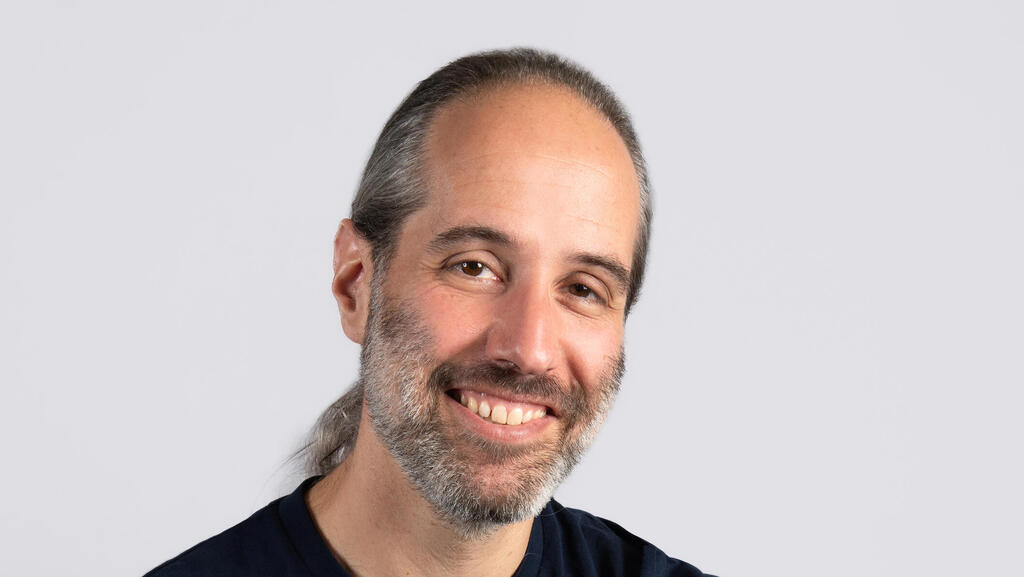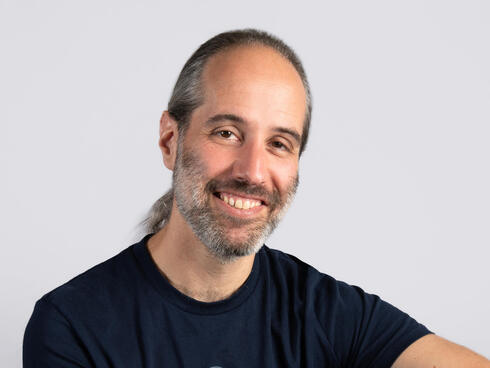
Former Snyk founder Guy Podjarny secures $125M for AI-powered software startup Tessl
Tessl’s AI native model leverages large language models to streamline development and automate maintenance. The Israeli entrepreneur’s new venture is backed by boldstart, GV, and Index Ventures.
Tessl, an AI-driven software development startup established by former Snyk founder Guy Podjarny, has announced it has raised $125 million in funding to fuel its ambitious vision for transforming how software is built and maintained. The funding includes a $25 million Seed round led by boldstart and GV (Google Ventures) in April and a new $100 million Series A led by Index Ventures with participation from Accel.
Podjarny, who serves as Tessl CEO, founded Snyk in 2015 with fellow Israelis Assaf Hefetz and Danny Grander. Snyk, which offers a security product primarily aimed at developers, raised $196.5 million in a Series G funding round in December 2022 at a $7.4 billion valuation. Pojarny left the role of CEO at Snyk in 2019 to become the company’s President, a position which he departed in February of this year. He previously also served as the CTO of Akamai, which acquired his first startup Blaze in 2012.
At the heart of Tessl’s vision is the concept of AI native software development, an approach that aims to move beyond the current code-centric development model. Traditionally, software creation involves writing and maintaining extensive lines of code, a process Podjarny argues is inefficient and fraught with challenges. This method intertwines the “what” (the application’s purpose) with the “how” (its technical implementation), resulting in costly, time-consuming, and fragile development cycles.
Related articles:
Tessl’s approach leverages advances in AI, specifically large language models (LLMs), to fundamentally decouple these two aspects. Developers specify what they want an application to achieve using natural language or structured specifications, and the AI handles the technical implementation. This shift, Podjarny asserts, can dramatically accelerate development, reduce maintenance burdens, and make software creation more accessible to a broader audience.
The company, which is headquartered in London, envisions a future where AI-driven platforms not only build applications but also autonomously maintain them. By continuously updating dependencies, addressing vulnerabilities, optimizing performance, and even refining code based on real-time telemetry, such platforms could free up engineering teams to focus on innovation rather than upkeep. Tessl’s solution aims to address common pain points like outdated documentation, compliance gaps, and inefficiencies, offering a streamlined and secure development pipeline.
Tessl’s open platform will launch early next year, with a waitlist already available for early adopters.
